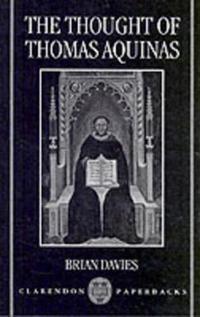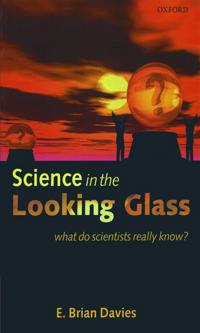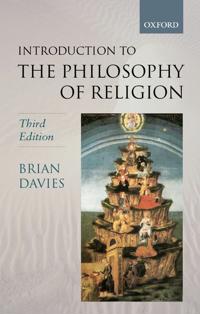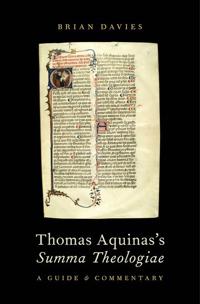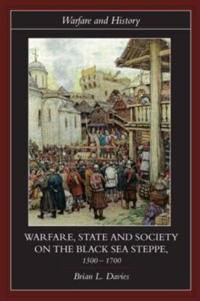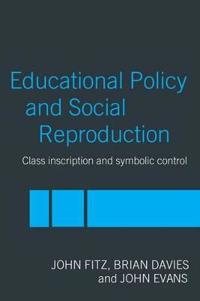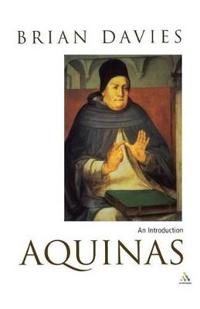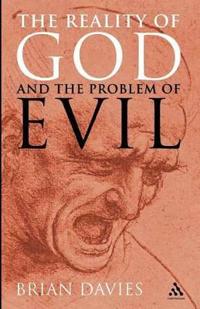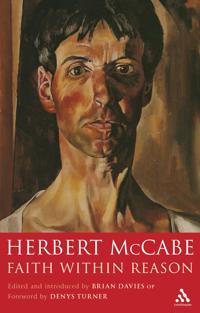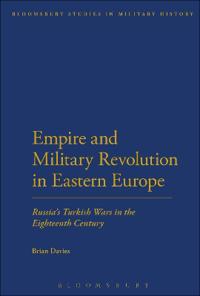The Thought of Thomas Aquinas (Häftad)
avBrian Davies
ISBN: 9780198267539 - UTGIVEN: 199302Thomas Aquinas was one of the greatest Western philosphers and one of the greatest theologians of the Christian church. In this book we at last have a modern, comprehensive presentation of the total thought of Aquinas. Books on Aquinas invariably deal with either his philosophy or his theology. But [...]
Science in the Looking Glass: What Do Scientists Really Know? (Inbunden)
avE. Brian Davies
ISBN: 9780198525431 - UTGIVEN: 2003-08-07Science in the Looking Glass (Pocket)
avE. Brian Davies
ISBN: 9780199219186 - UTGIVEN: 2007-08How do scientific conjectures become laws? Why does proof mean different things in different sciences? Do numbers exist, or were they invented? Why do some laws turn out to be wrong? In this wide-ranging book, Brian Davies discusses the basis for scientists' claims to knowledge about the world. He [...]
An Introduction to the Philosophy of Religion (Pocket)
avBrian Davies
ISBN: 9780199263479 - UTGIVEN: 200401What does belief in God amount to? Can we reasonably believe in God's existence without argument or evidence? Can God's existence be proved? Can we believe in miracles? Is there life after death? In this book, Brian Davies provides a critical examination of some fundamental questions posed by religi[...]
Thomas Aquinas's Summa Theologiae (Pocket)
avBrian Davies
ISBN: 9780199380633 - UTGIVEN: 2014-07Following a scholarly account of Thomas Aquinas's life, Davies explores his purposes in writing the Summa Theologiae and works systematically through each of its three Parts. He also relates their contents and Aquinas's teachings to those of other works and other thinkers both theological and philos[...]
Thomas Aquinas on God and Evil (Häftad)
avBrian Davies
ISBN: 9780199790906 - UTGIVEN: 2011-09Brian Davies offers the first in-depth study of Saint Thomas Aquinas's thoughts on God and evil, revealing that Aquinas's thinking about God and evil can be traced through his metaphysical philosophy, his thoughts on God and creation, and his writings about Christian revelation and the doctrines of [...]
Warfare, State and Society on the Black Sea Steppe, 1500-1700 (Storpocket)
avBrian Davies
ISBN: 9780415239868 - UTGIVEN: 200603This crucial period in Russia's history has, up until now, been neglected by historians, but here Brian L. Davies's study provides an essential insight into the emergence of Russia as a great power. For nearly three centuries, Russia vied with the Crimean Khanate, the Polish-Lithuanian Commonwealth [...]
Educational Policy and Social Reproduction (Pocket)
avJohn Fitz, Brian Davies, John Evans
ISBN: 9780415240055 - UTGIVEN: 2006-03This book takes a theoretically informed look at British education policy over the last sixty years when secondary schooling for all children became an established fact for the first time. Comprehensive schools largely replaced a system based on academic selection. Now, under choice and competition [...]
Education, Disordered Eating and Obesity Discourse (Storpocket)
avJohn Evans, Emma Rich, Brian Davies
ISBN: 9780415418959 - UTGIVEN: 200806Eating less, exercising more and losing weight seem the obvious solution for the oncoming 'obesity epidemic'. Rarely, however, is thought given to how these messages are interpreted and whether they are in fact inherently healthy. Education, Disordered Eating and Obesity Discourse investigates how '[...]
Linear Operators And Their Spectra (Inbunden)
avE.Brian Davies
ISBN: 9780521866293 - UTGIVEN: 2007-04-26Authoritative text presenting a broad view of the spectral theory of non-self-adjoint linear operators.[...]
Aquinas (Häftad)
avBrian Davies
ISBN: 9780826470959 - UTGIVEN: 200312St. Thomas Aquinas (c. 1225-1274) is widely viewed as one of the greatest Christian thinkers of all time. Aquinas was the ultimate combination of theologian and philosopher; and his influence on Christian life and thought reaches from the Council of Trent to the Second Vatican Council and through to[...]
Reality of God and the Problem of Evil (Häftad)
avBrian Davies
ISBN: 9780826492418 - UTGIVEN: 200610This is an important new book on how we can still believe in a God of love and confront the problem of evil in the world. Probably the most important book on the subject since John Hick's book "Evil and the God of Love". Evil is a strong word that people now employ fairly rarely. Many people believe[...]
Faith within Reason (Häftad)
avHerbert McCabe, Brian Davies, Denys Turner
ISBN: 9780826495471 - UTGIVEN: 2007-01Is it possible to think about religious beliefs philosophically? Should religious beliefs be viewed as a flight from reason or as capable of rational support? Can theologians learn from philosophers? Can philosophers learn from theologians? Is it possible to be both a good Christian and a good think[...]
Empire and Military Revolution in Eastern Europe (Häftad)
avBrian L. Davies
ISBN: 9781472506061 - UTGIVEN: 2013-03In terms of resource mobilization and devastation the wars between Russia, the Crimean Khanate and the Ottoman Empire were some of the largest of the eighteenth century, and had enormous consequences for the balance of power in Eastern Europe. Davies examines how these conflicts characterized the co[...]

